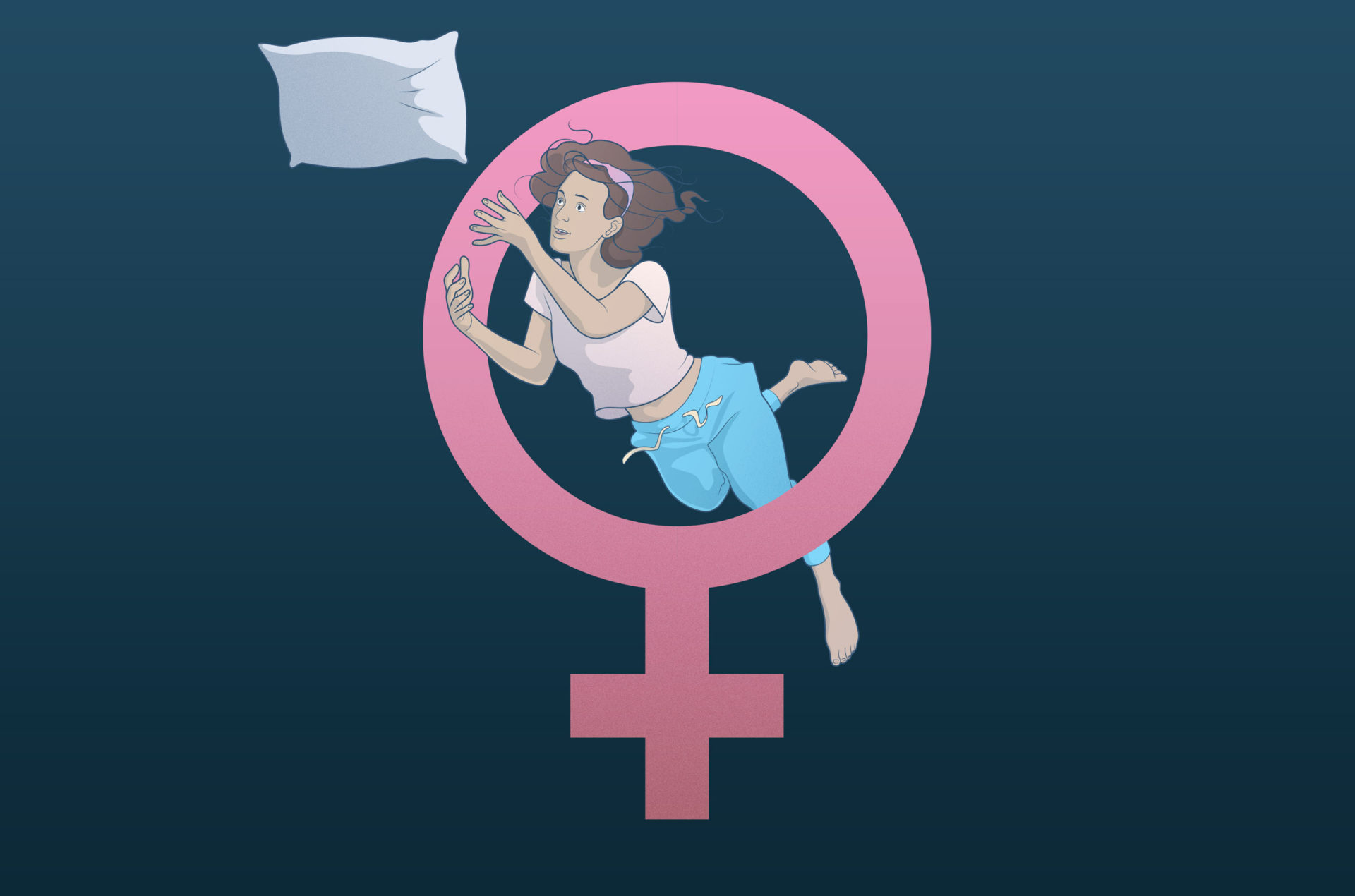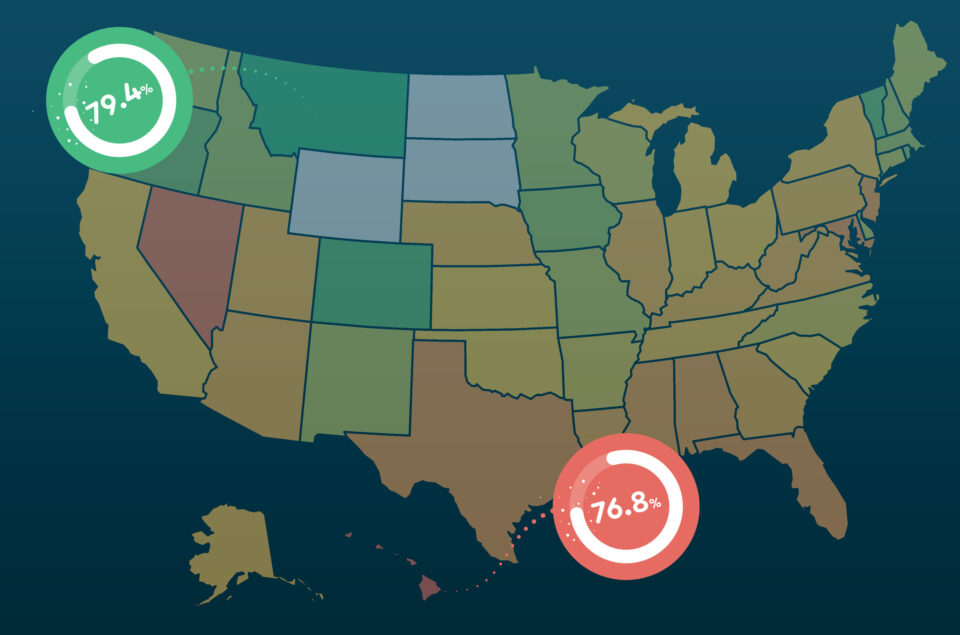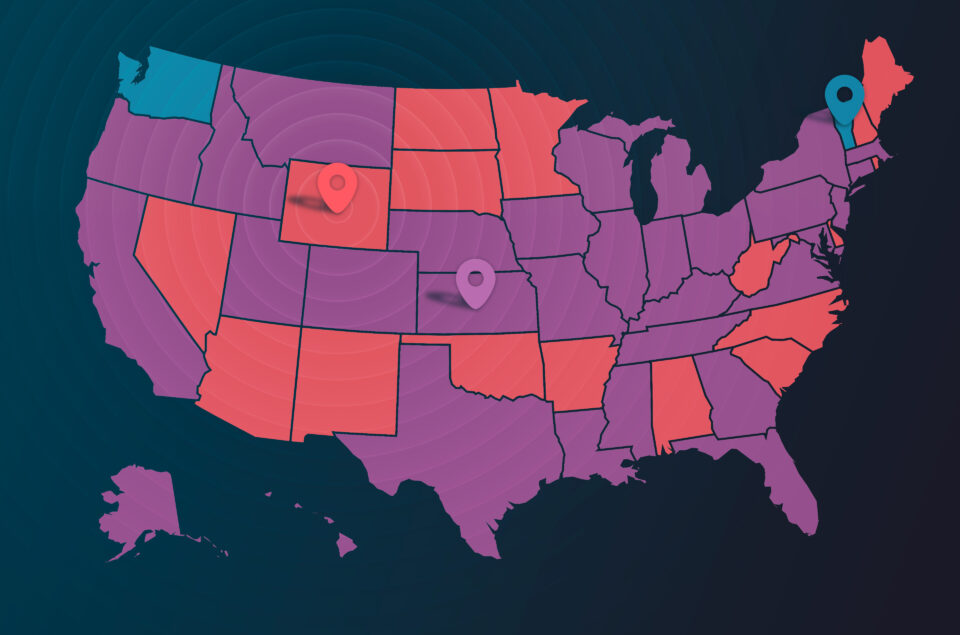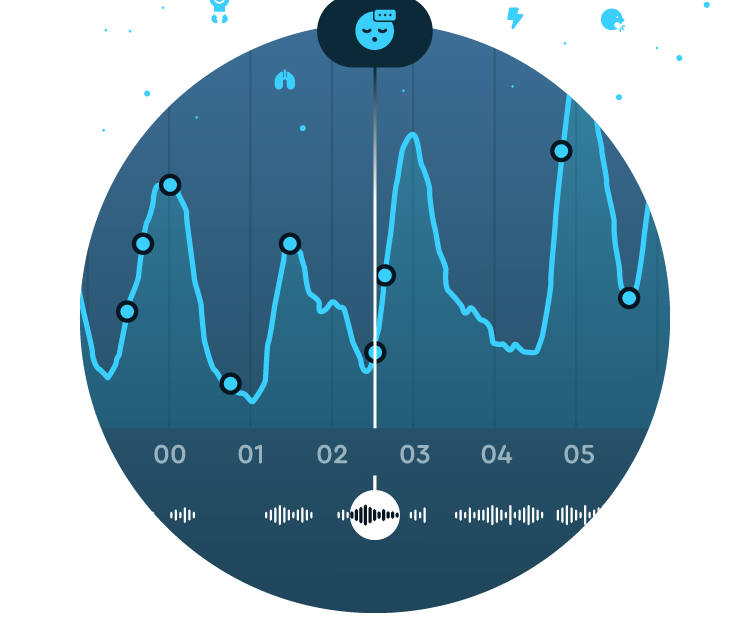International Women’s Day is a global day celebrated annually on March 8, bringing attention to the social, economic, cultural, and political achievements of women. The day also marks a call to action for accelerating gender equality. With regards to sleep we know there are some fundamental biological differences between the genders however, in marking the occasion, Sleep Cycle decided to investigate how sleep variances are pronounced between genders, at different life stages, and geographically for women across the globe. Our hope is not only to celebrate countries where women seem to enjoy good sleep but also to increase visibility and highlight where inequalities exist.
At first glance, the data seems to show that women enjoy more and better sleep than men, worldwide. But there is more to it than just differences between men’s and women’s sleep patterns, rather if we look at women’s sleep across ages and in different parts of the world, we start to see nuances with added insights.
An overview of the data
With over two million active users, Sleep Cycle gathers data from a number of users that voluntarily and anonymously agree to share their sleep data with us. With this report we analyzed the aggregated data shared by these users from 2021, consisting of over 85 million nights of sleep from a selection of countries* from all around the globe. With the data at hand, we were able to identify a number of interesting findings relating to gender, age, and geographical differences in sleep behavior.
Women across the world
A fascinating finding is how the country you live in, along with its cultural distinctions, influences women’s sleep habits.
- Women in East Asia stay up late. Women in South Africa are first to bed (11:01 p.m.), while women in Taiwan stay up the latest (01:01). In fact, 5 of the 6 latest bedtimes are all East Asian countries: South Korea (2nd), Hong Kong (3rd), Singapore (4th), and Japan (6th), with Turkey (5th) being the only exception. While women in Oceania countries have some of the earliest bedtimes, e.g. Australia (2nd) and New Zealand (3rd), where most are in bed well before midnight.
- Women in Finland sleep the most. Women in Finland spend the most time in bed (7 hours and 42 minutes), which is almost half an hour more than the global female average and about 15 minutes more than Finnish men.
- Women in Denmark snore the most, averaging more than 31 minutes per night, followed by women in South Africa and Sweden, both averaging around 27 minutes per night. Women in Saudi Arabia snore the least (7 minutes), followed by women in Vietnam (9 minutes).
Women in different stages of life
- Women in their 20s sleep a full hour longer than women 55+. Women aged 18-24 stay up the latest (00:05 a.m.), spend the least time in bed (7 hours and 8 minutes), and wake up the latest (8:19 a.m.). While women aged 55+ go to bed a full 40 minutes earlier, spend the most time in bed (7 hours and 21 minutes), and wake up the earliest (7:13 a.m.).
- Women 65+ have the highest sleep quality. Women age 65+ have the highest quality of sleep (77 percent) and at the other end of the spectrum, women age 24 or younger experience the poorest quality (73 percent).
- With age, women snore more and wake up more frequently at night. At age 18-24 women snore the least (about 8 minutes and 30 seconds). Women aged 45+ snore 25-30 minutes more than they did at around age 18-34. With each year that passes, women experience more frequent nightly wake-ups, at 18 on average 0.38 per night to 0.65 at age 65+.
Women versus men
Sleep comparison for women by country and through different stages of life is invaluable to give further insight into women’s sleep health. Another powerful marker is comparing how well women do in getting shut-eye compared to men.
- Women go to bed earlier. In fact, women (11:44 p.m.) tuck in a full 9 minutes on average earlier than men (11:53 p.m.) across the globe.
- Women spend more time in bed. Women (7 hours and 13 minutes) spend approximately 17 more minutes in bed compared to men (6 hours and 56 minutes).
- Women wake up later. Women (7:43 a.m.) wake up about 10 minutes later than men (7:32 a.m.) on average.
- Women wake up in a worse mood. Women (57/100) report waking up feeling less cheerful than men (60/100) in the morning.
- Men snore more. Could this be the reason why women wake up in a worse mood? That’s just our wild guess, but what our data does show is that men average 8 minutes and 30 seconds more snoring per night, compared to women.
- Women wake up less often than men throughout the night.
Key Takeaways
- Younger women sleep less, and older women sleep better.
- Gender and age differences in sleep are subject to cultural influence.
- Women’s sleep quality improves with age, with women aged 65+ reporting the highest sleep quality.
- Compared to men, women snore less and sleep more.
- The data suggest fundamental differences in the way women and men sleep, yet it is more pronounced depending on geographic location and age.
As we celebrate women worldwide on International Women’s Day, honoring achievements and highlighting existing inequalities – raising awareness of women’s sleep health and promoting healthy sleep habits is a powerful tool in improving women’s overall health and wellbeing.
At Sleep Cycle, we provide the guidance and insights to empower all women (and men) to reach better sleep. Try it now with our 7-day free trial.
—
* Countries with at least 1,000 unique sleep survey participants









